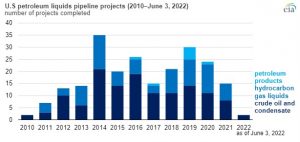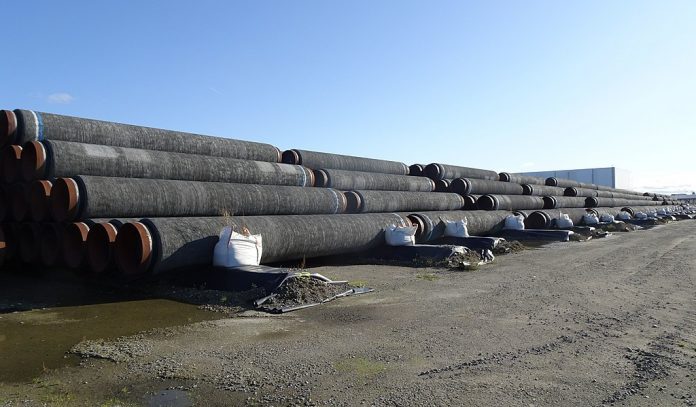By Merrill Matthews
While President Joe Biden and the White House want to point fingers at everyone else for the nation’s current energy crisis, Biden is the one who deserves most of the blame.
Yes, progressives had been pushing their anti-fossil fuel agenda long before he took office. But it takes an enabler in the Oval Office to give that agenda legs—and that’s what Biden is.
IPI’s Wayne Stoltenberg and I recently pointed out in the Wall Street Journal why so many energy-producing companies have been slow to take up Biden’s call to dramatically ramp up oil and natural gas production. But that reluctance is only part of the story.
Biden and his administration have worked to roadblock various aspects of the energy-production system. Crude oil doesn’t just get pumped from the ground and put into your gas tanks. It has to be transported, usually by pipeline or rail, to refiners where it is processed and then sold.
On his first day in office, Biden canceled the Keystone XL pipeline, which would have transported about 800,000 barrels of oil a day from Alberta, Canada, plus some from Montana, to U.S. refineries.
How bad is the pipeline situation? The U.S. Energy Information Administration (EIA) recently released a chart highlighting new crude oil pipeline construction over the past 12 years. You can see in the graph that new pipeline completions hit a peak of 35 in 2014. They declined somewhat for a few years, but increased during President Donald Trump’s first three years in office, with 30 in 2019.

That number understandably declined during the 2020 pandemic, but then declined again to about 15 in 2021, Biden’s first year in office. As of June 3, nearly halfway through 2022, only two pipelines have been completed. TWO!
It’s likely that pipeline construction has faced some supply chain challenges, just like the rest of the economy. But the biggest challenge is Biden himself and his administration, as they impose regulatory roadblocks and other restrictions on the industry.
Pipeline construction exploded over the past decade, as the shale fracking boom created a need for pipelines to carry crude oil and natural gas to refiners. That boom has turned into a bust under Biden. If he really wants to blame someone for the country’s energy-production challenges, he needs to start with his own policies.
Merrill Matthews, Ph.D., is a resident scholar with the Institute for Policy Innovation.
This article was originally posted as a Policy Byte by the Institute for Policy Innovation.
For more on oil and gas pipelines, click here.


























